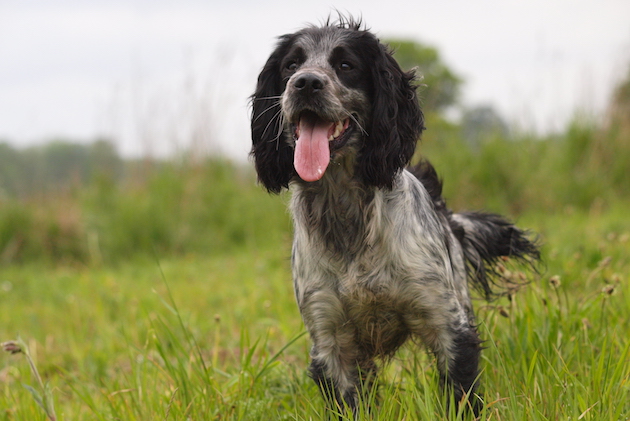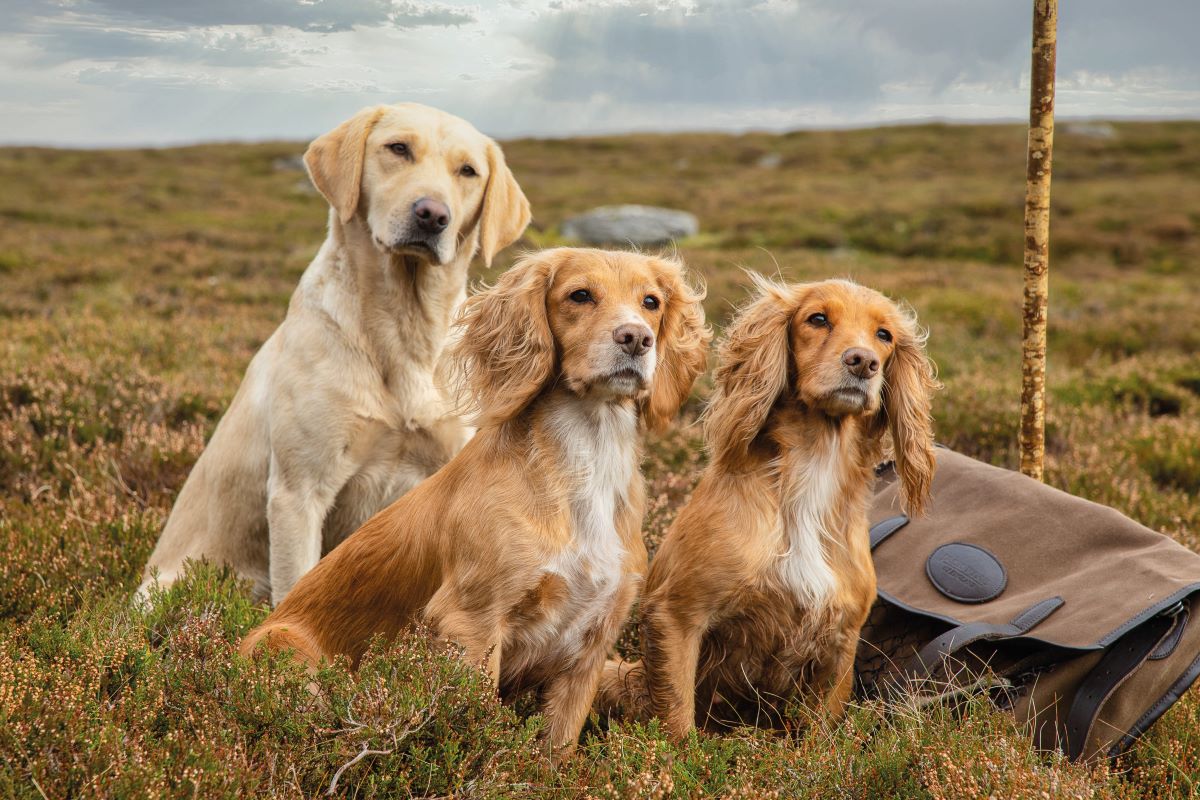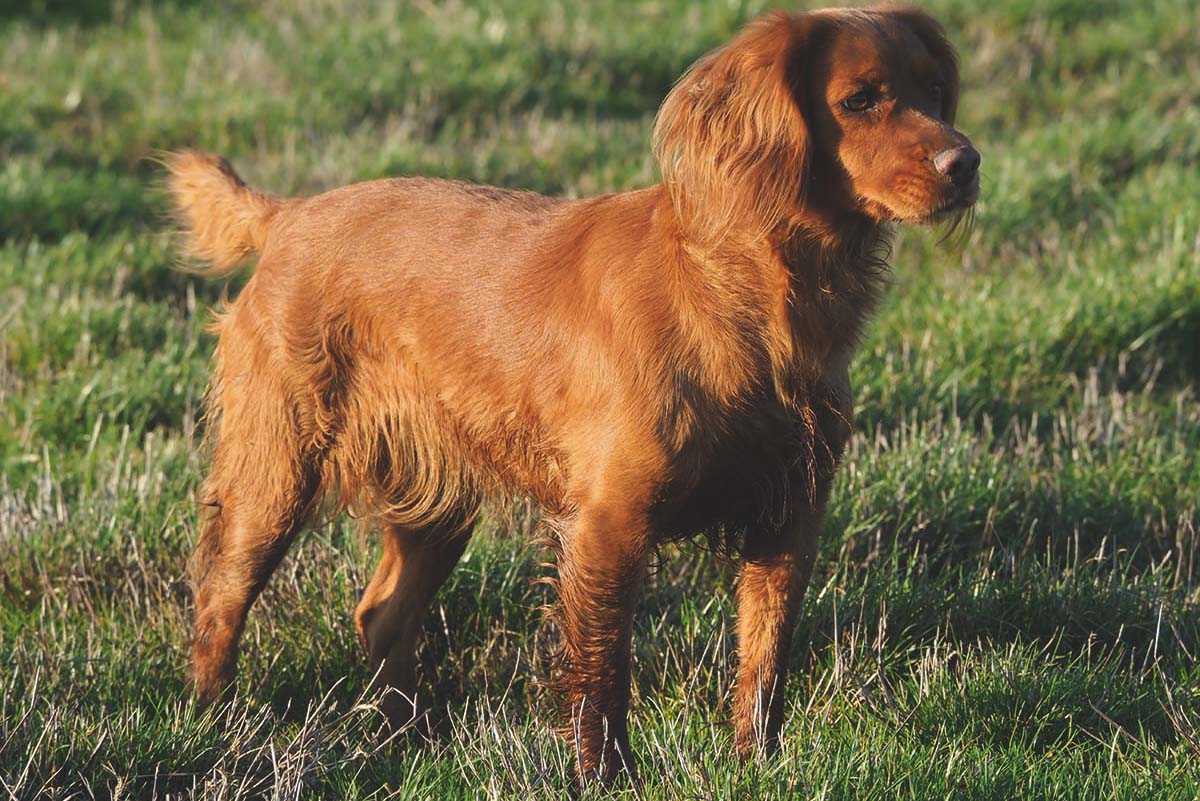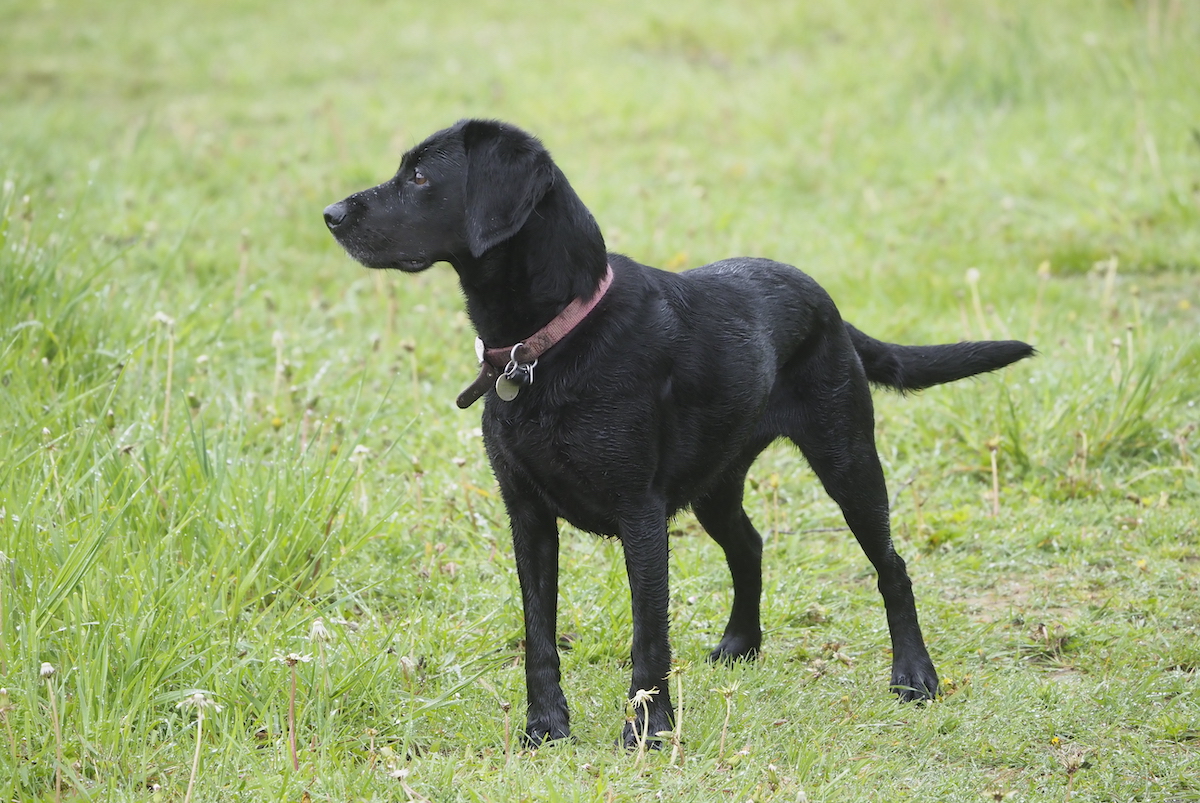Should there be random DNA tests for cocker spaniels?
Tests at trials would help to stop cheating

There were 25,565 cocker registrations with the Kennel Club in 2020, 4,000 up from 2019
You may recall sprockergate, the scandal that shook the cocker trialling world a couple of years ago. What brought the story into the tabloids was the accusation that HM The Queen owned a dog, competing in cocker trials, that was allegedly a sprocker (English springer and cocker cross).
A sprocker is a cross-breed: it cannot be registered with the Kennel Club and is thus ineligible to compete in trials of any sort run under Kennel Club rules. Spaniel trials in the UK are divided into two, one for cockers, the other for AV (any variety) spaniels, which in reality are 99 per cent English springers.
Sprockergate may have faded from the news but it has never gone away, as accusations remain of sprockers being run in trials. Complaints have been made to the Kennel Club, but it has resisted getting involved, despite being provided with damning evidence based on DNA testing. The latest tests, using what are called genetic markers, are reckoned to be around 95 per cent accurate.

Sprockers tend to be faster and more powerful than cockers
Sprockers would be unlikely to be a serious threat to English springers when run in competitions, and there have never been any claims of them running in AV trials.
However, the introduction of springer blood to a cocker does make an appreciable difference to the dog’s performance, as sprockers tend to be faster and more powerful, allegedly giving them an unfair advantage. Running a sprocker in a cocker trial is a bit like racing a car with a 3-litre engine in a class restricted to 2-litre vehicles.
Just why is the “sprocker spaniel” becoming so popular?
Sprocker spaniels – the lowdown Sprockers have masses of energy and need to be kept busy They are intelligent dogs…
Sprocker or cocker spaniel? How can you tell them apart?
Should you get a sprocker or cocker spaniel? I admit to being a fan of sprockers as I like their…
Sprocker or cocker? Row rocks Kennel Club
The Sun recently reported that rival competitors have called for DNA tests to prove the breed of field trial champion…
DNA tests for cocker spaniels?
The world of trialling is based on trust. If you enter a dog into a trial you have to declare its pedigree name and confirm that it is KC-registered but at the trial itself there is no checking of the dog’s papers, nor are microchips scanned to ensure that the dog is what it is claimed to be. Such policing would be costly, take time and against the spirit of the sport.
However, if the Kennel Club were to introduce random DNA testing of winners of cocker trials, with the rule that any dog suspected of being a sprocker would be disqualified, the issue could be speedily resolved. Why doesn’t it do so?











